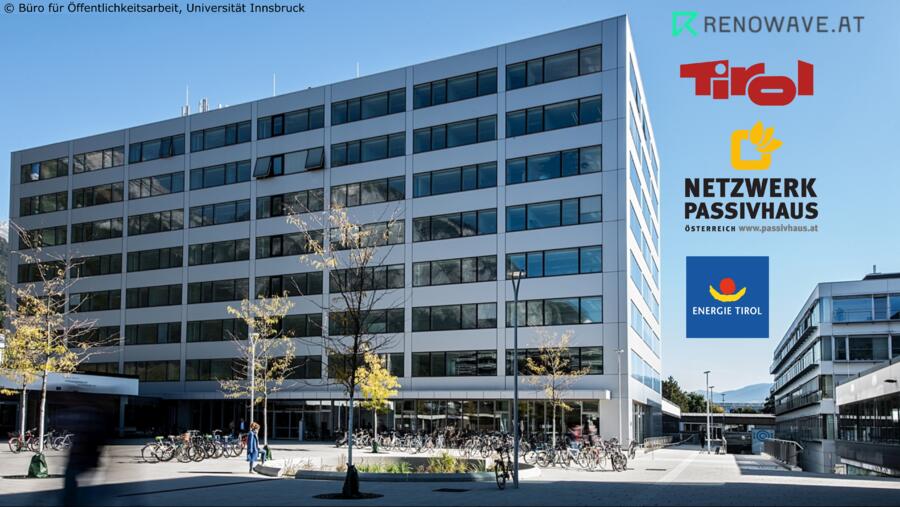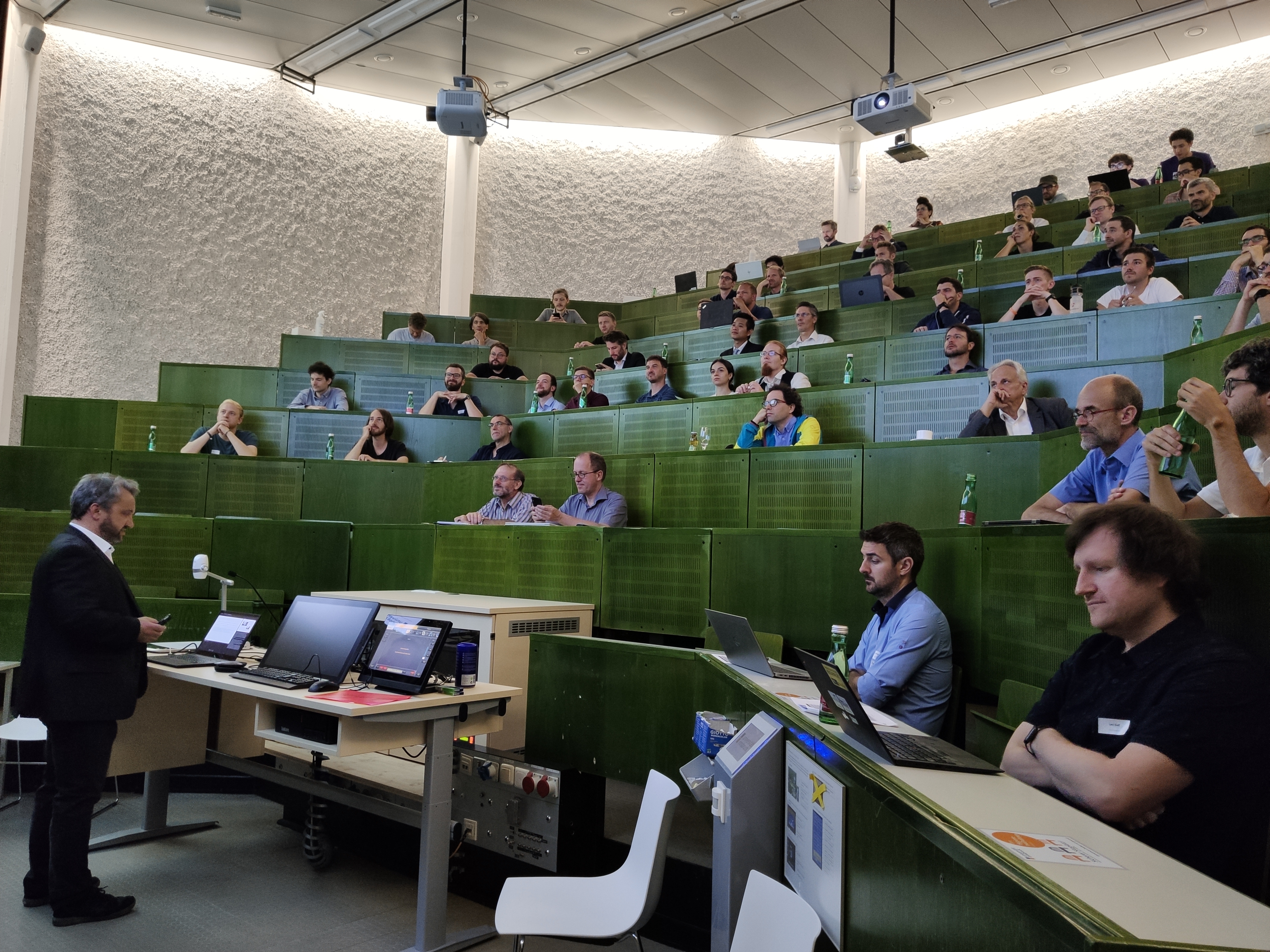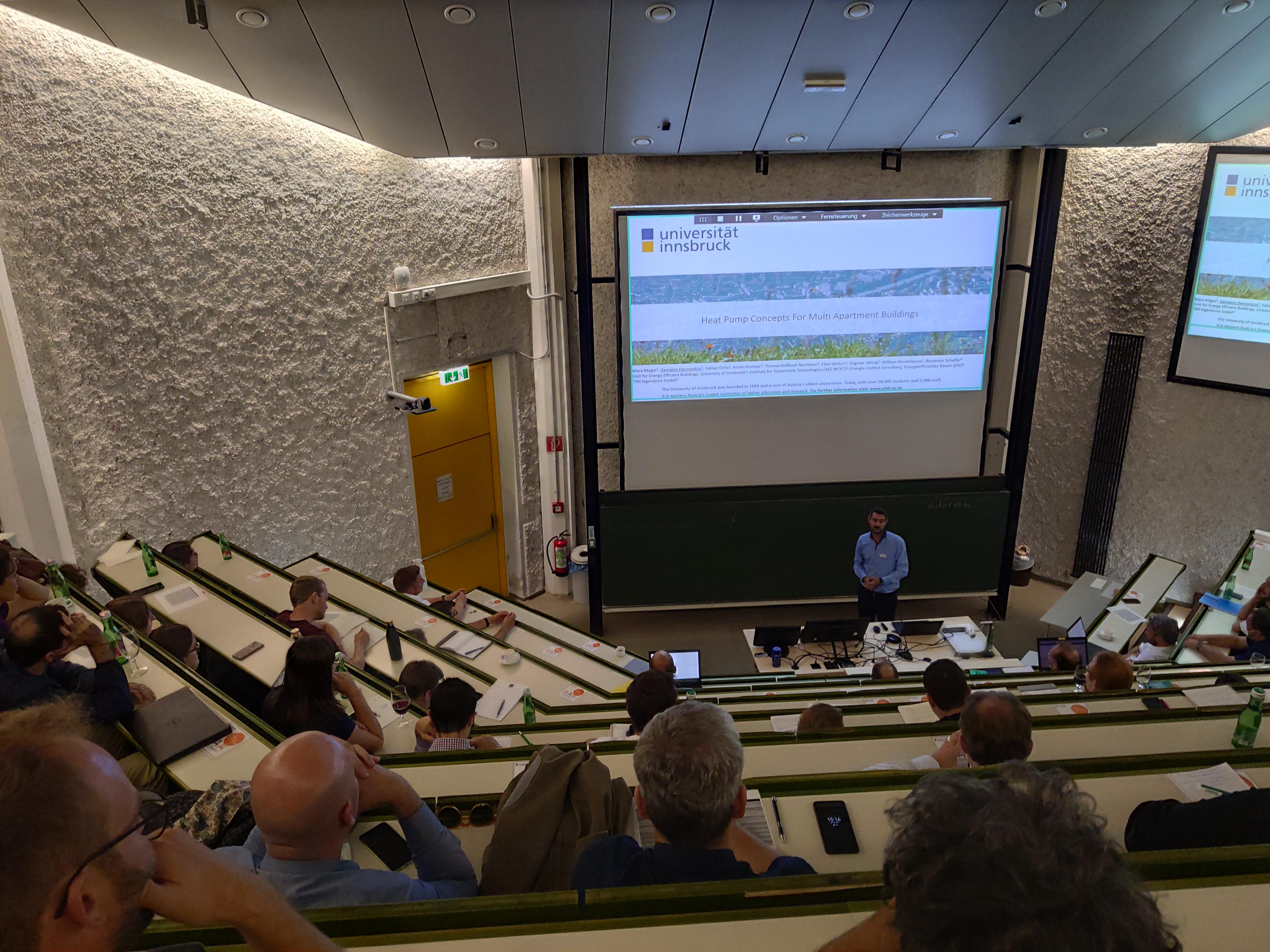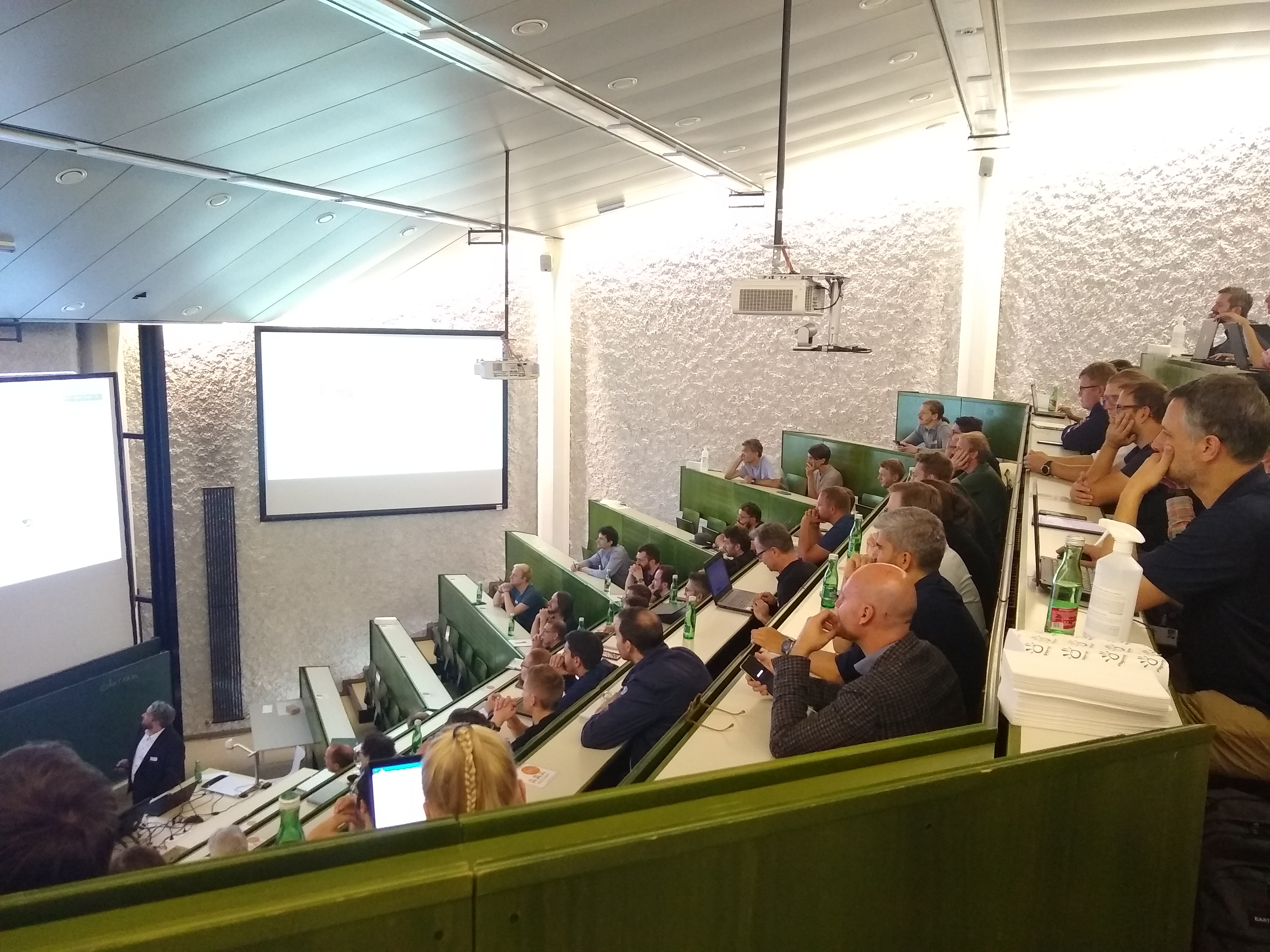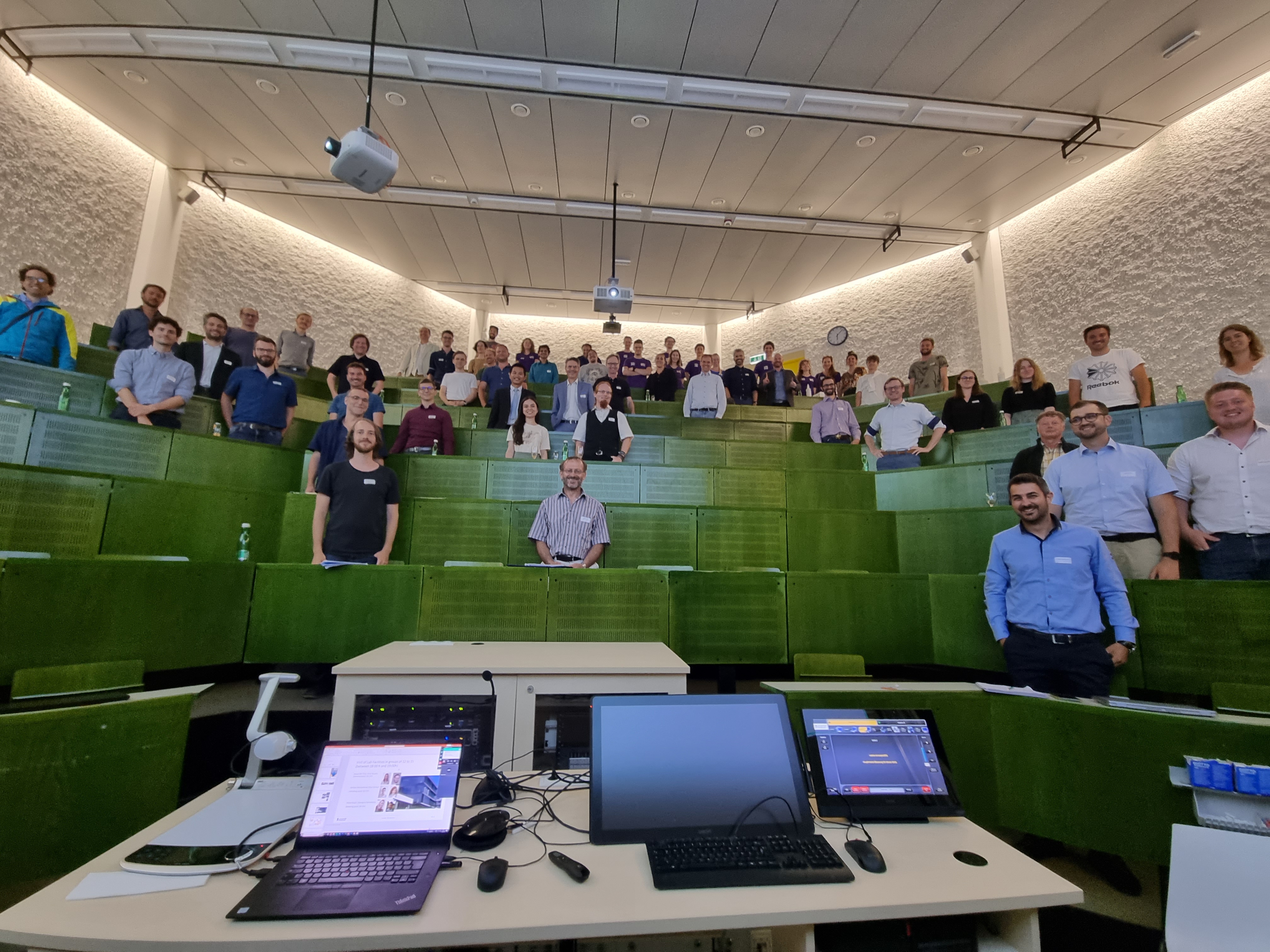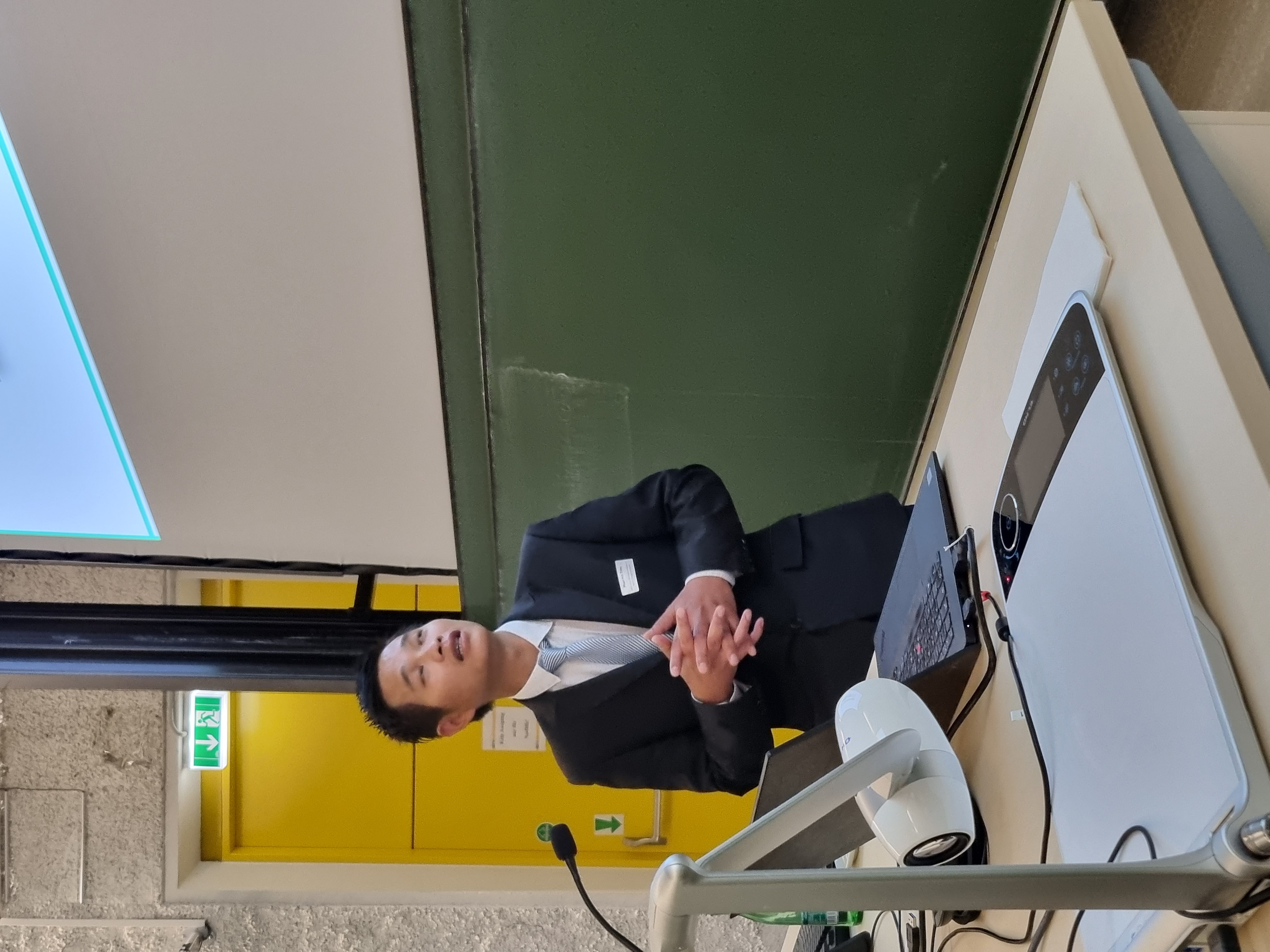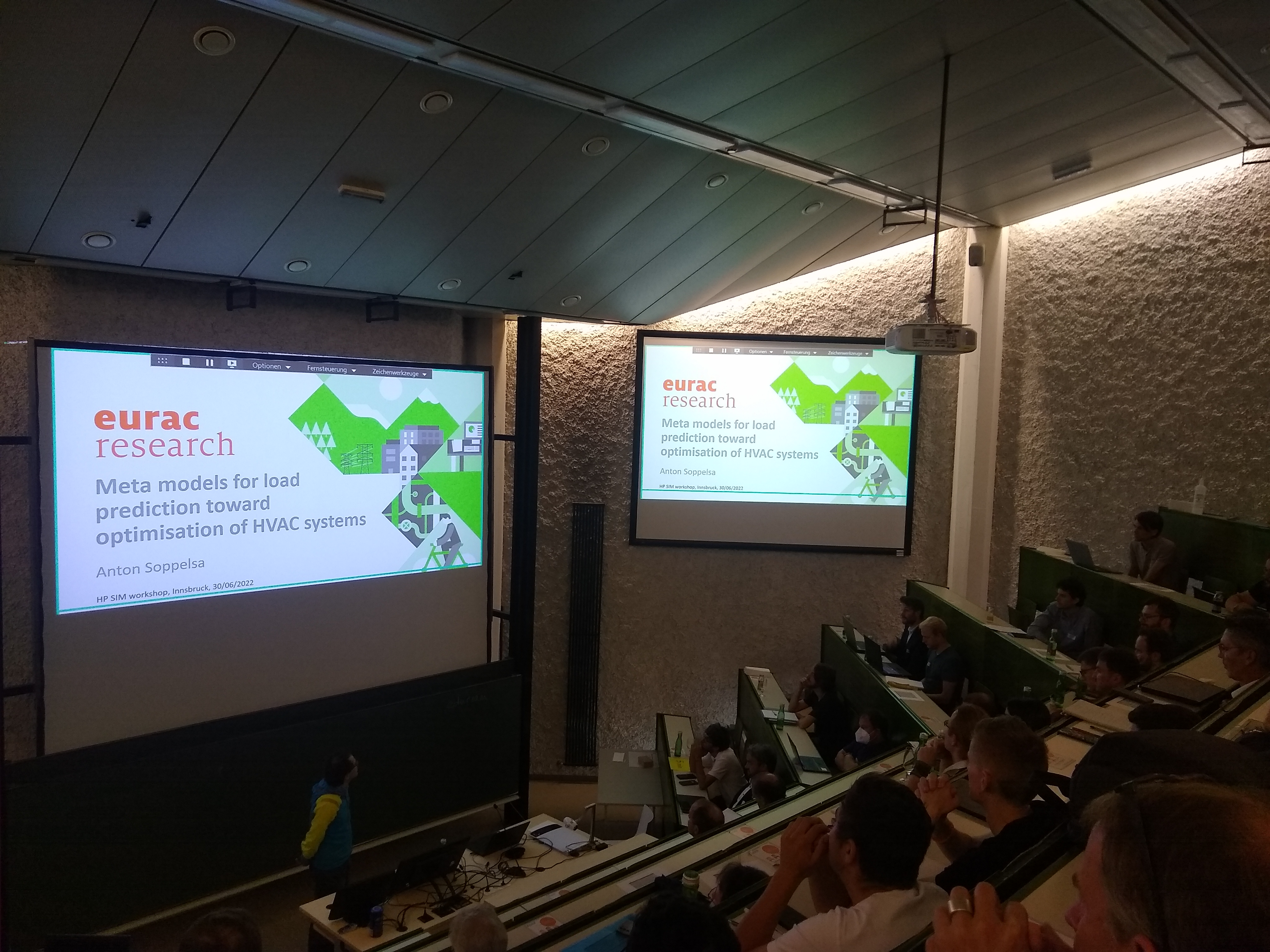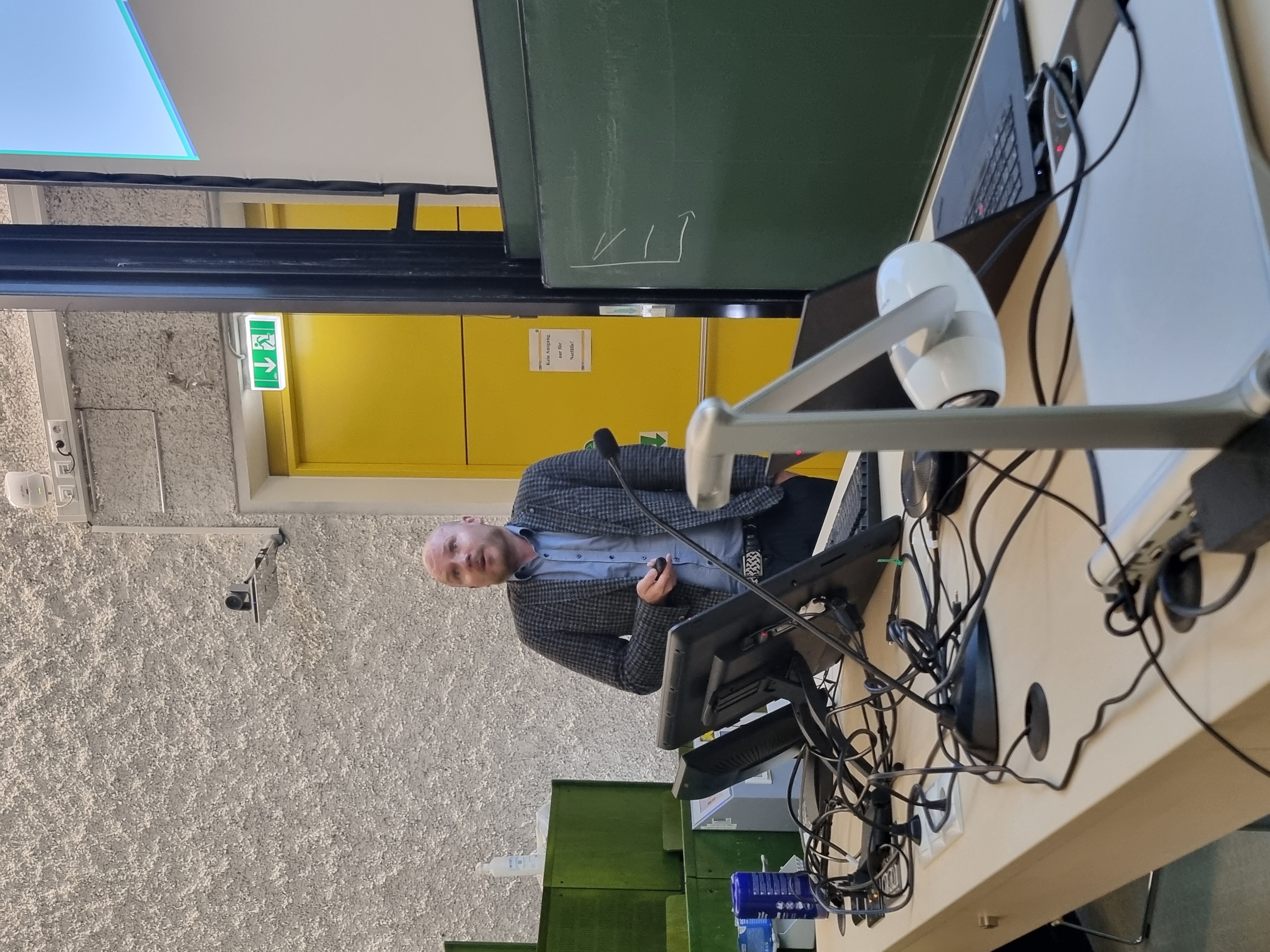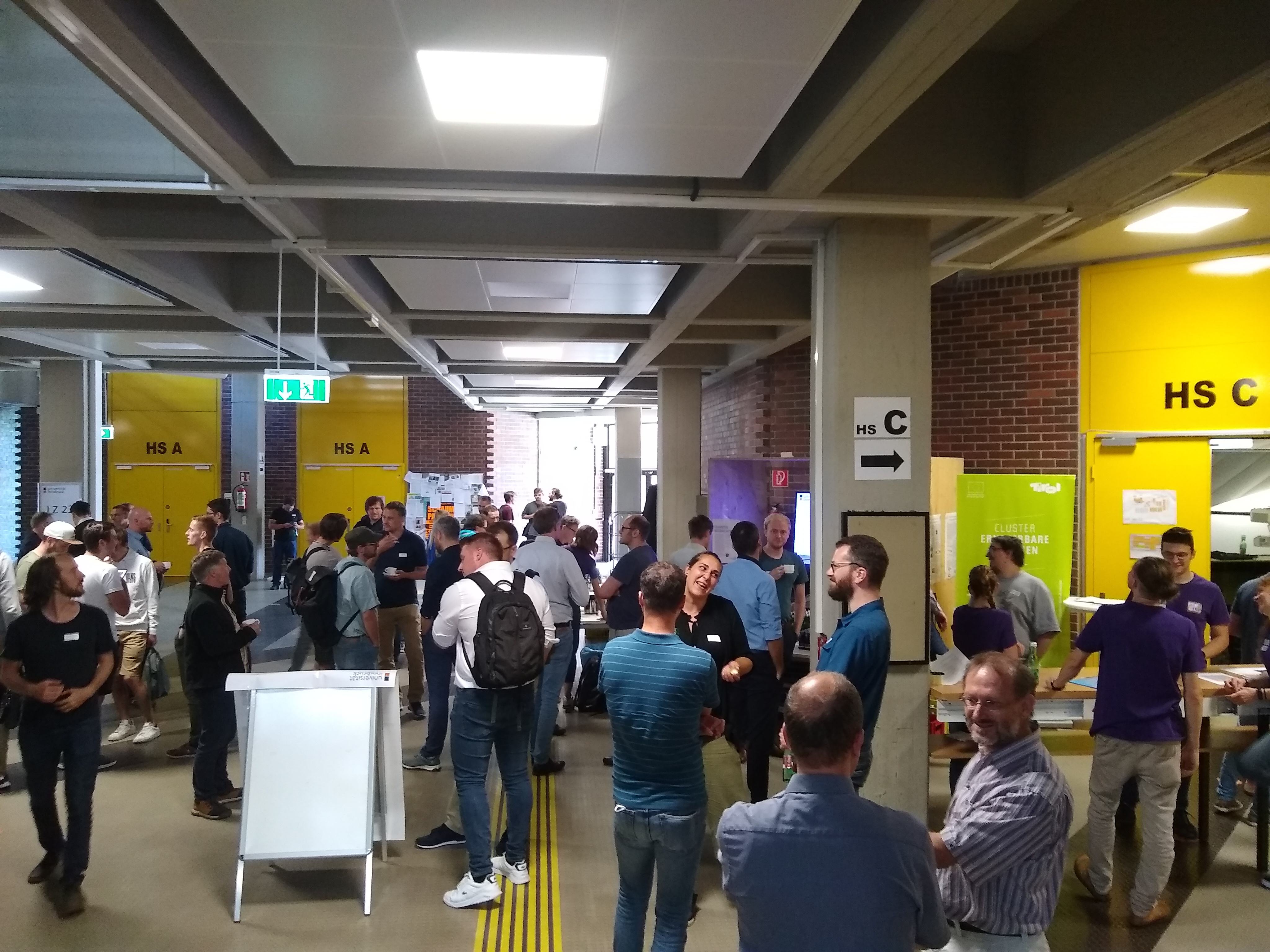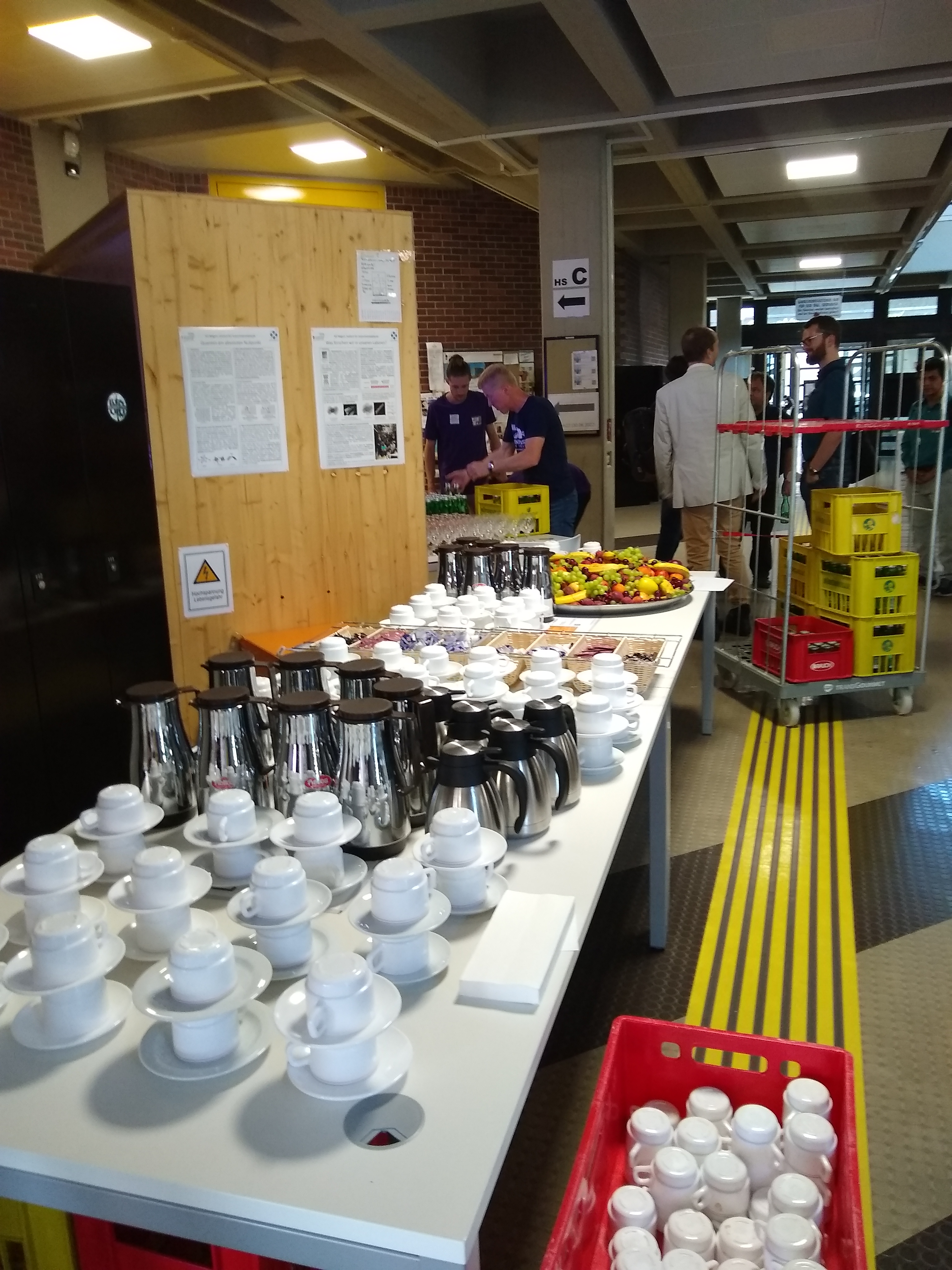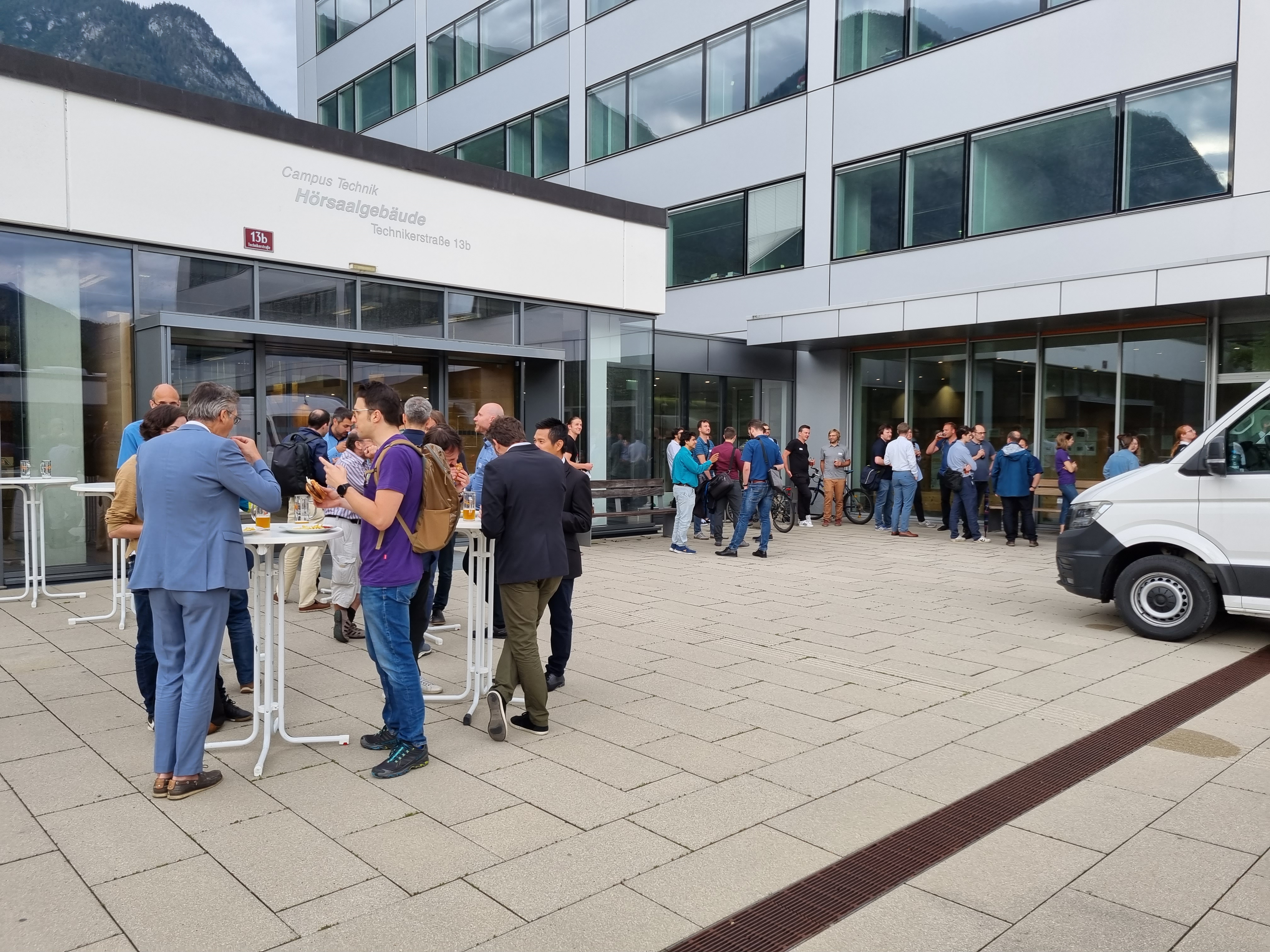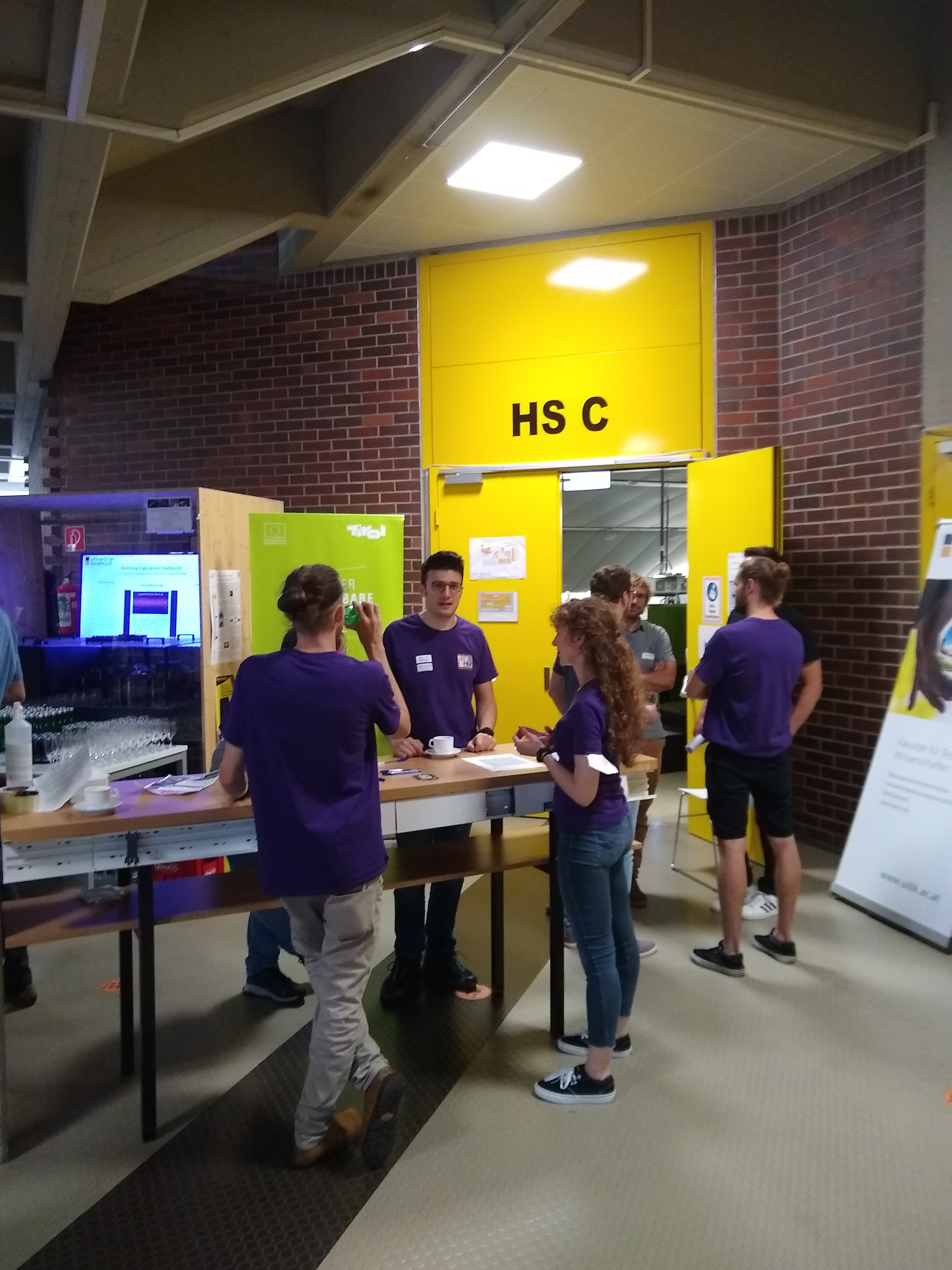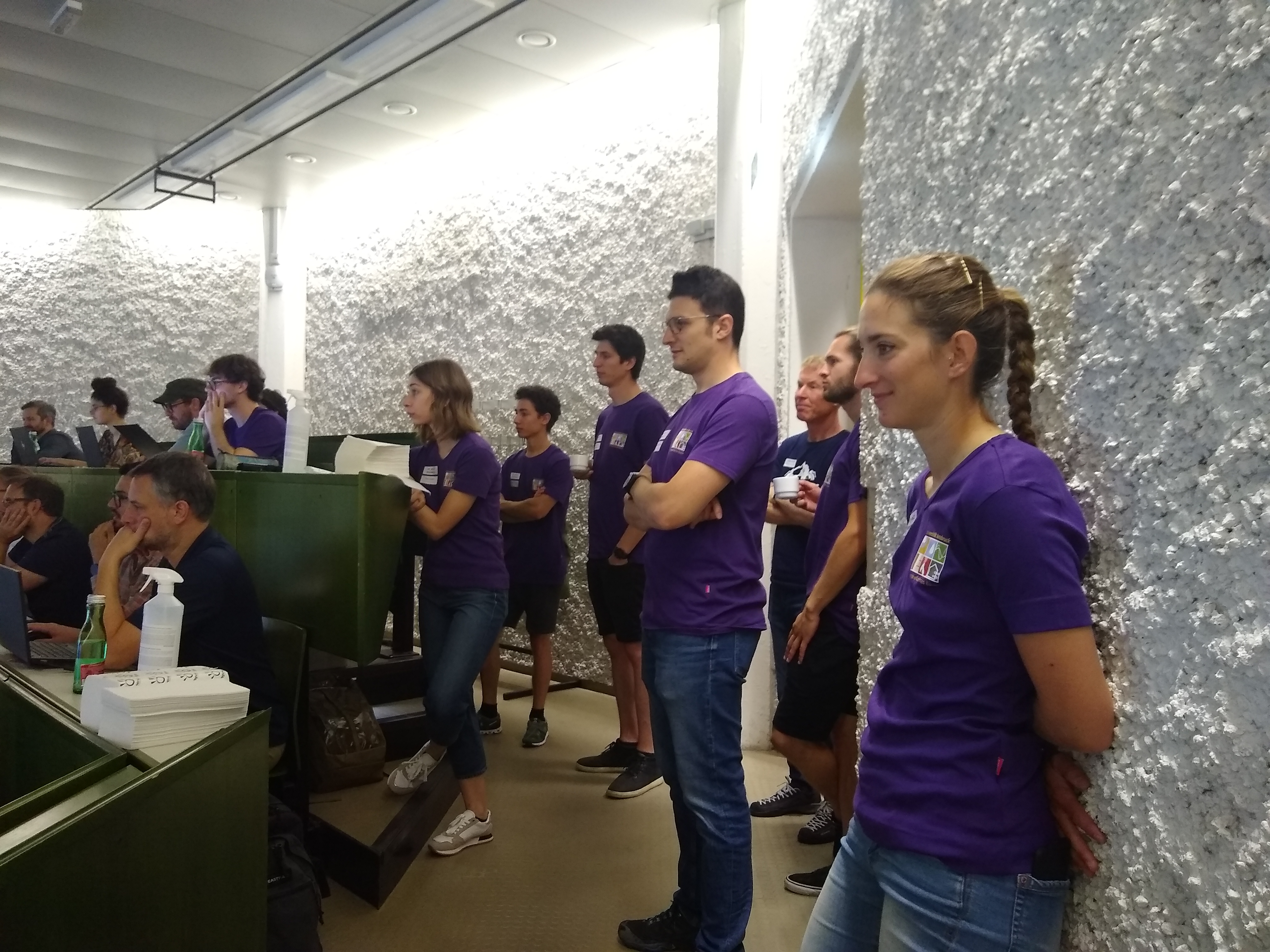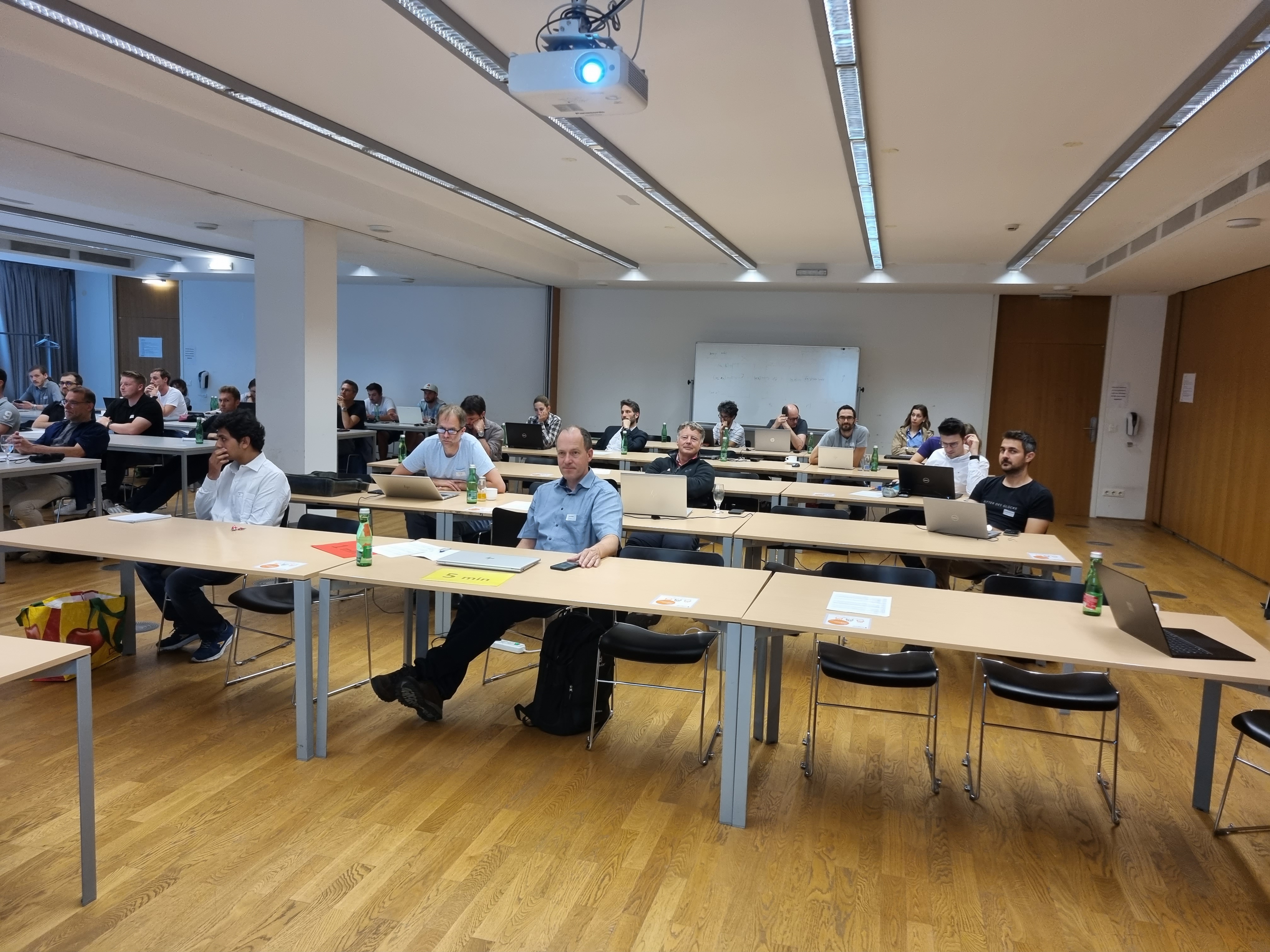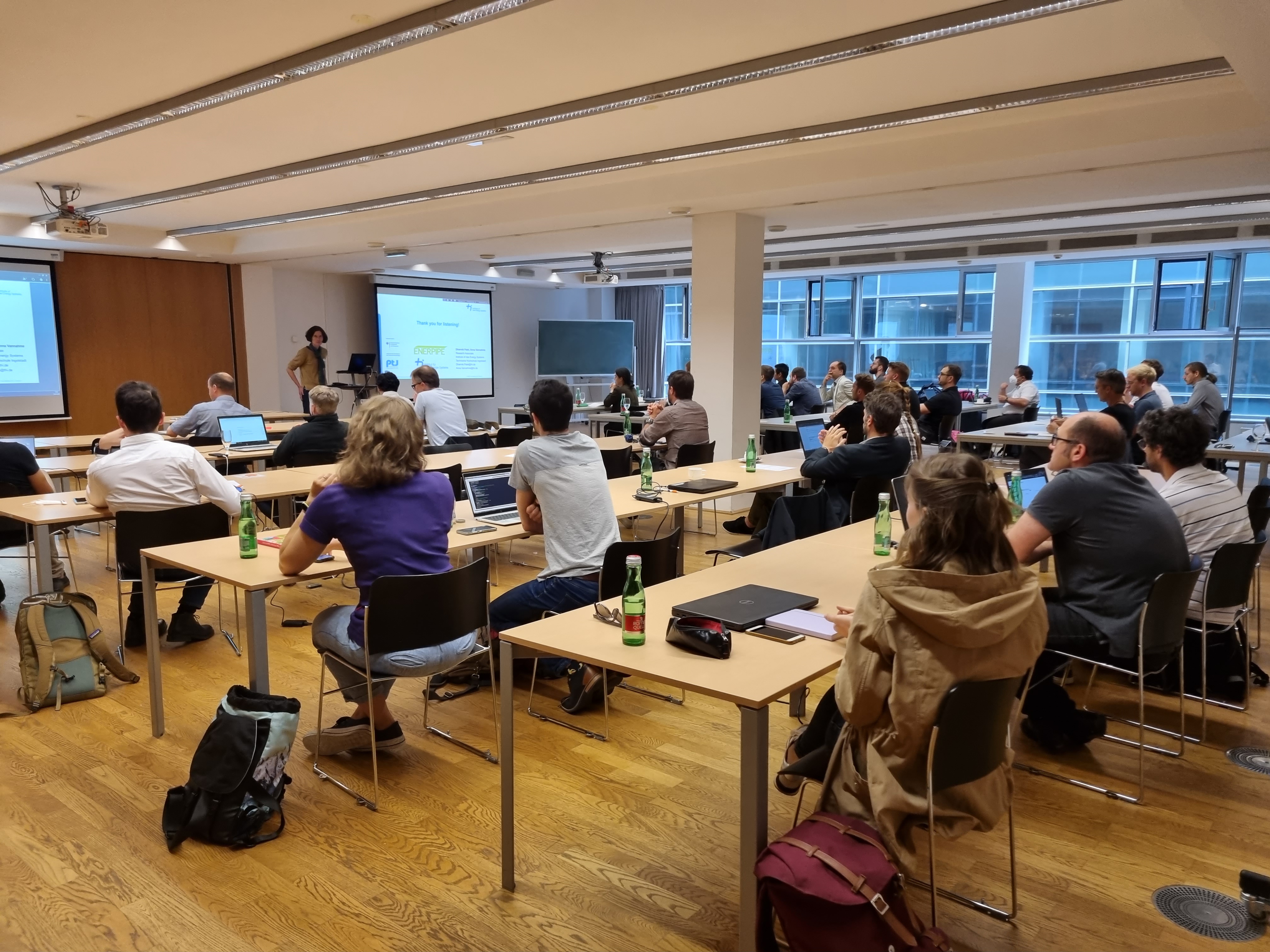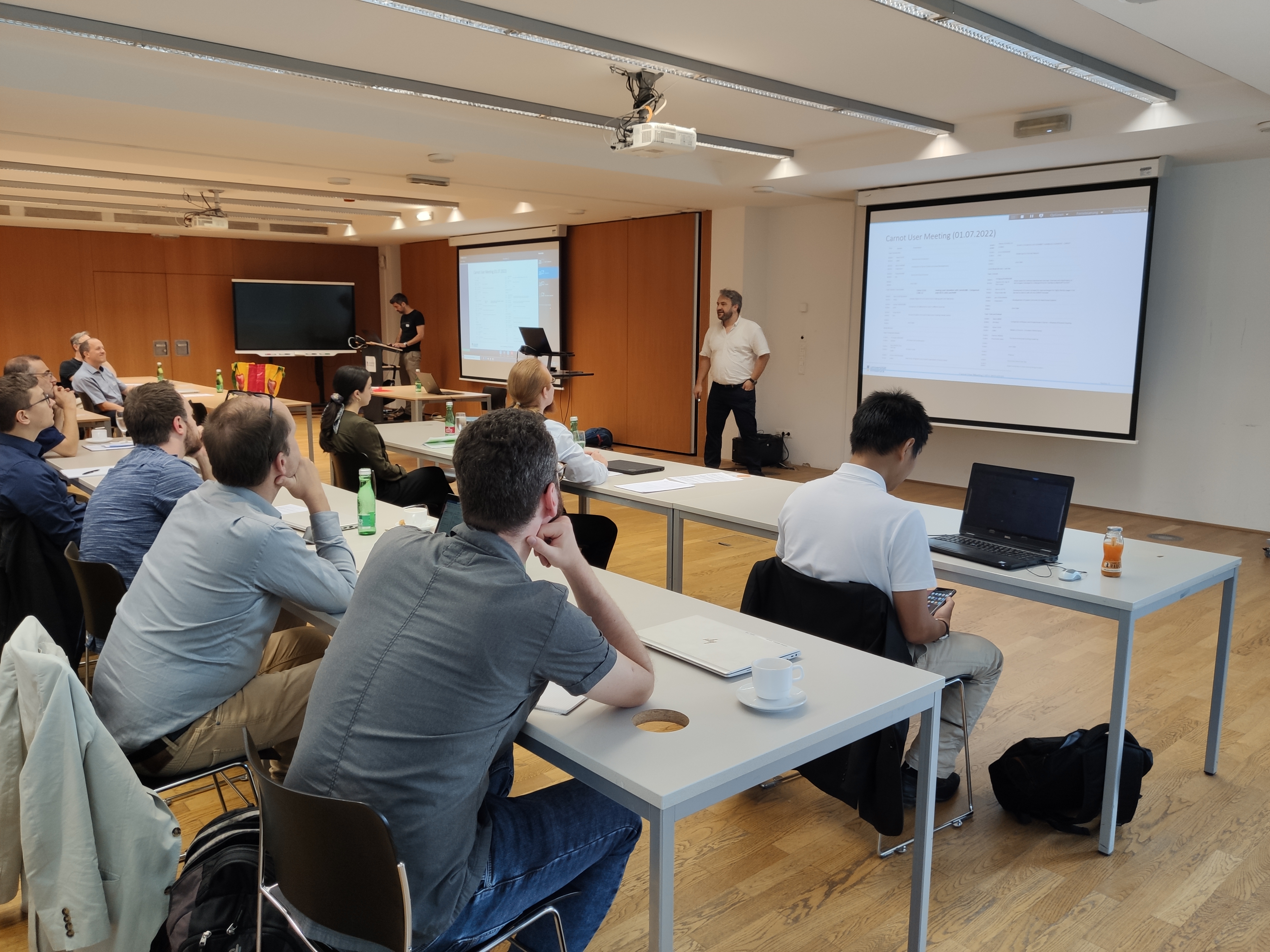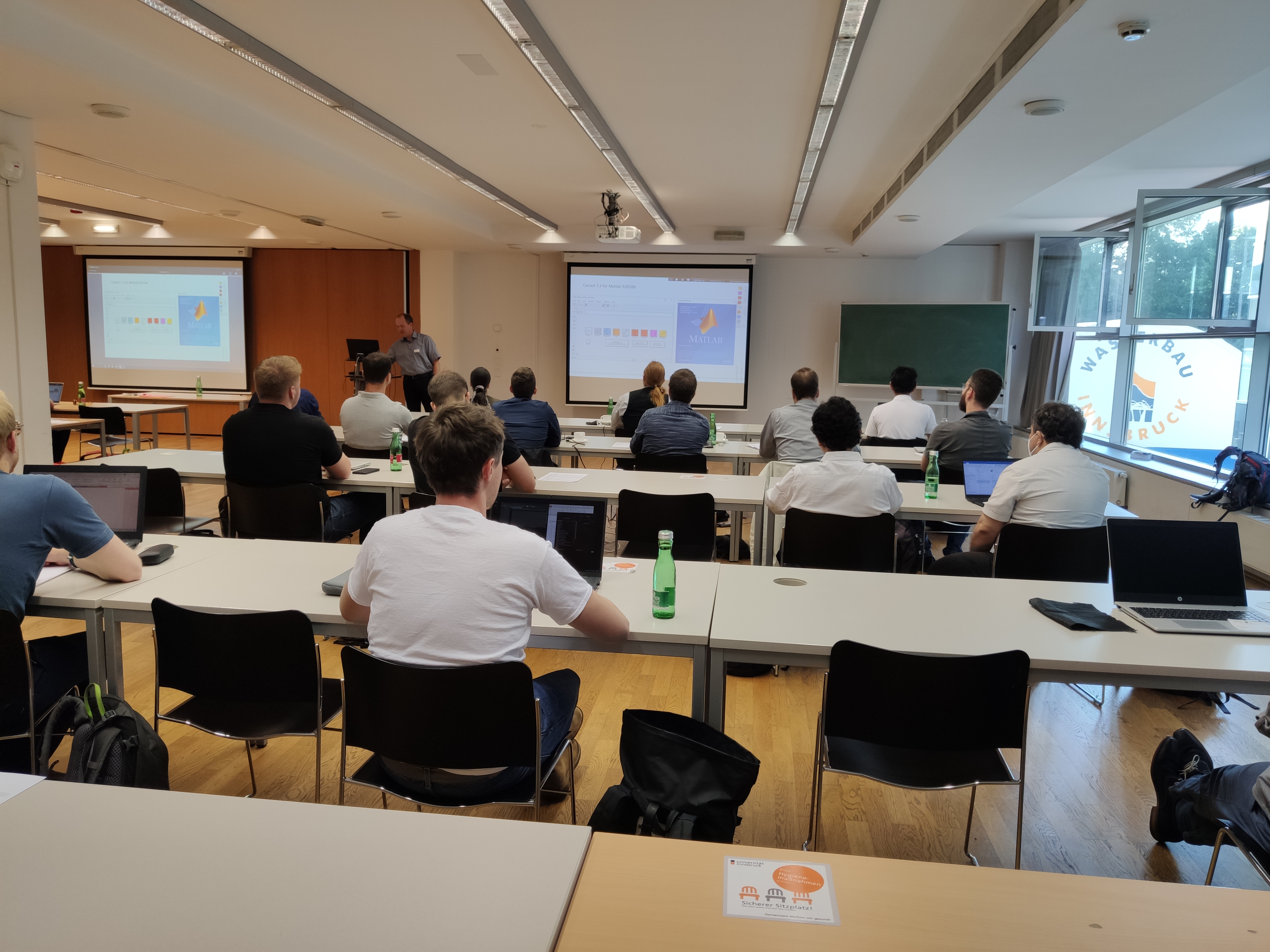Not much doubt about the use of heat pumps in buildings is next to deep thermal renovation one of the best and often the only option for the decarbonization of the building stock. District heating seems to be another promising solution in urban areas and existing buildings when the use of heat pumps is restricted and also technically and economically challenging (source exploitation, space restrictions, sound emissions, etc.). The decarbonisation of district heating is another challenge, where heat pumps are expected to play a significant role.
Heat pumps can be integrated in various ways in buildings and district heating systems:
- large central high-temperature heat pumps in district heating,
- medium-size heat pumps for block- or building-wise applications, or
- small heat pumps integrated decentral apartment-wise.
The best option depends on the local conditions, the individual district heating system and the electricity mix as well as on the perspective of the building owner versus that one of the district heating system and the future development (energy policy).
From a general perspective, ideal system design, integration of renewables, optimization of the control are some of the design questions that need to be increasingly answered to enable maximum efficiency and, thus, maximum CO2 reduction. Based on selected examples from engineering practice and research, this workshop will highlight the advantage of using simulation tools to develop optimal solutions from the building user and climate protection point of view.
University of Innsbruck, 2022-06-30 and 2022-07-01
Contact: Fabian Ochs (fabian.ochs@uibk.ac.at, 0043 512 507 63603)
Agenda
2022-06-30 Day 1: Simulation assisted design and optimisation of heat pumps and heat pump applications - from refrigerant cycle simulation to building and district heating integration
Download all the presentations
|
Time |
Speaker |
Presentation |
| 09:15 h |
Arrival and Coffee |
|
|
09:30 h |
Fabian Ochs (UIBK, A) | |
|
Presentations Block 1 (Chair Fabian OCHS, UIBK) |
||
|
10:00 h - 10:20 h |
Thomas AUER |
Best Practice Examples of Simulation Based Design and Optimization |
|
10:20 h - 10:40 h |
Leo GALL |
|
|
10:40 h - 11:00 h |
Fabian Ochs |
Integration of Heat Pumps in Buildings and District Heating Systems - |
|
11:00 h - 11:20 h |
Jürgen SCHNIEDERS |
|
|
Break (20 min) |
||
|
Presentations Block 2 (Chair Dietmar Siegele, FHI, IT) |
||
| 11:40 h - 12:00 h |
Matteo DONGELLINI |
Modelling of a dual source heat pump with Matlab/Simulink and Almabuild/Carnot |
| 12:00 h - 12:20 h | Hai Trieu PHAN, Boris NEROT, Valery VUILLERME, Cedric PAULUS (CEA INES, F) |
Design of thermodynamic cycle systems, optimization of the systems and their operation |
| 12:20 h - 12:40 h | Jeremias SCHMIDLI, Dani CARBONELL (SPF, CH) |
pytrnsys: an open source python based framework for TRNSYS simulations |
| 12:40 h - 13:00 h |
Anton SOPPELSA, Roberto FEDRIZZI |
Meta models for loads prediction toward optimisation of HVAC systems |
|
Lunch-Break (60 min) + Lab Visit |
||
|
Presentations Block 3 (Chair Georgios DERMENTZIS, UIBK) |
||
| 14:00 h - 14:20 h | Christina BETZOLD (THN, D) |
Simulation and operation of a heat pump system in a terraced house complex |
| 14:20 h - 14:40 h |
Thomas ROSSKOPF-NACHBAUR |
|
| 14:40 h - 15:00 h | Admir MUSIC (AlpSolar, A) |
|
| 15:00 h - 15:20 h | Georgios DERMENTZIS (UIBK, A) |
|
| 15:20 h - 15:40 h | Tobias HATT (EIV, A) |
|
|
Break (20 min) |
||
|
Presentations Block 4 (Chair Bernd Hafner, Viessmann) |
||
| 16:00 h - 16:20 h | Martin HEISSLER (TUM, D) |
Combining HVAC and district network simulations - a co-simulation approach |
|
16:20 h - 16:40 h |
Gerald ZOTTER (AEE INTEC, A) |
How do handle oil content in simulations of heat pumps having a sink capacity of 5 kW |
| 16:40 h - 17:00 h |
Andreas HEINZ |
Semi-physical HP-Model for TRNSYS, Model Description and Application Examples |
| 17:00 h - 17:20 h |
Aurelien BRES |
Design and operation of heat pump systems using building simulation and linear optimization |
| 17:20 h - 17:40 h |
Alexander THÜR |
System optimization of PV-Heat Pump Systems with local heat storage potentials |
|
Wrap-up Fabian Ochs (UIBK, A) (20 min) |
||
|
18:00 h |
End | |
|
19:00 h |
Visit of Lab Facilities at UIBK with Drinks and Barbecue |
|
2022-07-01 Tag 2: CARNOT USER MEETING
Download all the presentations
|
Time |
Speaker | Presentation | ||
|
Topic: Introduction |
||||
|
09:00 h - 09:10 h |
Fabian OCHS (UIBK) |
Welcome and Introduction | ||
|
09:10 h - 09:35 h |
Bernd HAFNER (Viessmann) |
|||
|
09:35 h - 09:50 h |
Tobias BLANKE (SIJ) |
|||
|
09:50 h - 10:00 h |
short Q&A | |||
| Topic: System / Case Studies
|
||||
|
10:00 h - 10:15 h |
Dennis GÖTZELMANN (FHD) |
Usecase: Digital twin of a hybrid district heating plant with heat pump | ||
|
10:15 h - 10:30 h |
Carsten WEMHÖNER (OST) |
Comparison of nZEB ambition level in different countries | ||
|
10:30 h - 10:45 h |
Tobias REUM (THI) |
Annual simulation of a hybrid heat pump including inverter control | ||
|
10:45 h - 10:50 h |
short Q&A | |||
|
Break (40 min) |
||||
|
Topic: Component Models |
||||
|
11:30 h - 11:45 h |
Christoph MESSMER (FHNW) |
HX Model with Condensation | ||
|
11:45 h - 12:00 h |
Mara MAGNI, Elisa VENTURI (UIBK) |
Window model | ||
|
12:00 h - 12:15 h |
William MONTELEONE (UIBK) |
Heat pump refrigerant cycle model for generation of lookup tables | ||
|
12:15 h - 12:30 h |
Matteo DONGELLINI (UNIBO) |
Dynamic simulations with ALMABEST: ALMABuild e ALMAHVAC – CARNOT | ||
|
12:30 h - 12:45 h |
Anna VANNAHME, Dharmik PATEL (THI) |
Modelling of a Thermal Network | ||
|
12:45 h - 12:55 h |
short Q&A | |||
|
Lunch-Break (65 min) + Lab Visit |
||||
|
Topic: Controls |
||||
|
14:00 h - 14:15 h |
Wolfgang ROHRMOSER (Ing.büro Dr.-Ing. W. Rohrmoser) |
Model based PLC software development and test. Overview and classification of technologies illustrated for a MatLab/Simulink interface to Beckhoff TwinCAT | ||
|
14:15 h - 14:30 h |
Dennis LOTTIS (Fraunhofer IEE) |
Development of control concepts for heat exchangers for highly flexible usage in the test facility District LAB with the CARNOT blockset | ||
|
14:30 h - 14:45 h |
Jens SCHAUMANN (Viessmann) |
Developement of System Controller for Heat Pumps Systems | ||
|
14:45 h - 14:50 h |
short Q&A | |||
|
Topic: Tools and Outlook |
||||
|
14:50 h - 15:05 h |
Patrik KEFER (FH Wels) |
Comparison of Polysun and Simple-House in Carnot – influence of Ground Coupling | ||
|
15:05 h - 15:20 h |
Fabian OCHS (UIBK) |
Matlab vs Simulink - Simulation Performance | ||
|
15:20 h - 15:40 h |
Dietmar SIEGELE (Fraunhofer Italia) |
The future of physical building modelling | ||
|
15:40 h - 15:50 h |
short Q&A | |||
|
15:50 h - 16:00 h |
Wrap up | |||
| 16:00 h | End of the Carnot User Day | |||
| 16:30 h - 18:00 h |
Expert workshop on multi-zone building simulation | |||
